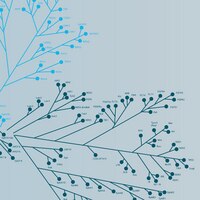14-567 Sigma-AldrichPyk2 Protein, active, 10 µg
Active, N-Terminal His6-tagged, recombinant, full-length, human Pyk2. For use in Kinase Assays.
More>> Active, N-Terminal His6-tagged, recombinant, full-length, human Pyk2. For use in Kinase Assays. Less<<Prodotti consigliati
Panoramica
| Replacement Information |
|---|
| References |
|---|
| Product Information | |
|---|---|
| Quality Level | MQ100 |
| Applications | |
|---|---|
| Application | Active, N-Terminal His6-tagged, recombinant, full-length, human Pyk2. For use in Kinase Assays. |
| Key Applications |
|
| Physicochemical Information |
|---|
| Dimensions |
|---|
| Materials Information |
|---|
| Toxicological Information |
|---|
| Safety Information according to GHS |
|---|
| Safety Information |
|---|
| Storage and Shipping Information | |
|---|---|
| Storage Conditions | 6 months at -70°C |
| Packaging Information | |
|---|---|
| Material Size | 10 µg |
| Material Package | Also available in 250 µg size --call for pricing and availability and reference catalog number 14-567M when ordering the 250 µg size. |
| Transport Information |
|---|
| Supplemental Information |
|---|
| Specifications |
|---|
| Global Trade Item Number | |
|---|---|
| Numero di catalogo | GTIN |
| 14-567 | 04053252476082 |
Documentation
Pyk2 Protein, active, 10 µg MSDS
| Titolo |
|---|
Pyk2 Protein, active, 10 µg Certificati d'Analisi
| Titolo | Numero di lotto |
|---|---|
| Pyk2, active - 1623027-B | 1623027-B |
| Pyk2, active - 1816613-A | 1816613-A |








